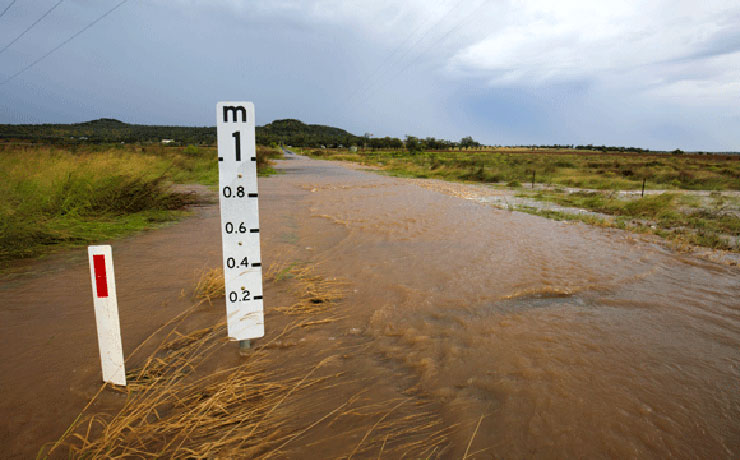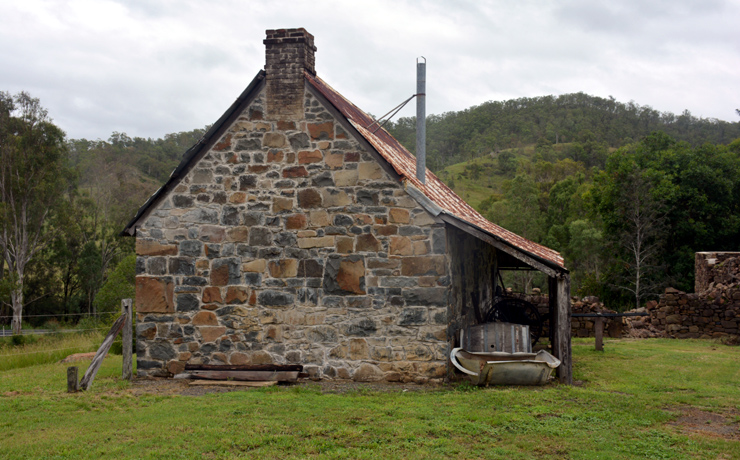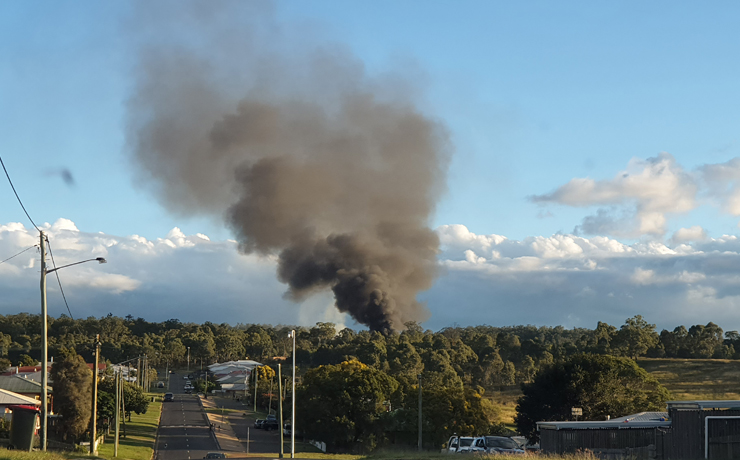
August 18, 2016
Oral history will be approved for the first time to allow Aboriginal and Torres Strait Islander people without formal documents to claim “stolen wages” back via the Reparations Review Panel.
The panel met for the first time on Thursday.
Treasurer Curtis Pitt said the State Government had established the expert panel in response to community feedback from the Stolen Wages Reparations Taskforce led by Aboriginal and Torres Strait Islander Social Justice Commissioner Mick Gooda.
“The Panel will reassess claims deemed ineligible due to an inability to supply documentary evidence or historical records showing there was government control of a person’s wages and savings,” Mr Pitt said.
“For the first time unsuccessful applicants will have an opportunity to present oral testimonies about their personal experiences and other evidence to support their claims in the absence of formal documentation.
“This new method for assessing claims is vital given that for many Indigenous Queenslanders, there is little or no paper trail of their employment and mistreatment in this often undocumented era in Queensland’s history.
“We recognise it’s time to take a different, more people-focused approach to seek better outcomes for Aboriginal and Torres Strait Islander people who suffered direct disadvantage from racially discriminatory government practices of the past, such as stolen wages.”
Mr Pitt told State Parliament more than $5.8 million in reparations payments had been paid to more than 3000 eligible claimants under the government’s $21 million Stolen Wages Reparations Scheme.
“The Queensland Reparations Review Panel includes Mr David Wragge, Ms Susan Hamilton, Ms Rachel Malthouse, Mr Terry Stedman and Ms Leann Wilson,” he said.
“This five-member panel brings strong personal and professional credentials with vast experience across relevant fields including Aboriginal and Torres Strait Islander engagement, policy, law and economics.
“Indigenous Queenslanders wronged under previous governments’ ‘Protection Acts’ must not be further disadvantaged by a lack of government record-keeping from centuries past.
“We want to remove barriers and red tape discouraging eligible Indigenous Queenslanders from progressing their claims to ensure no one misses out on their entitlements.”
Applications close on December 16, 2016.
- For more information about the Stolen Wages Reparations Scheme call 1800-619-505 or visit www.qld.gov.au/reparations
Related articles:
























